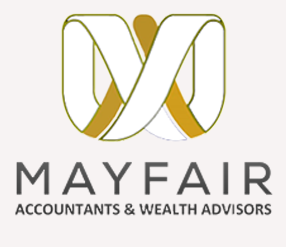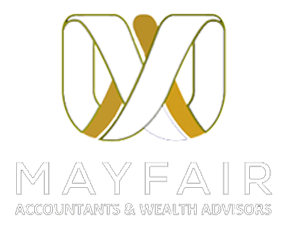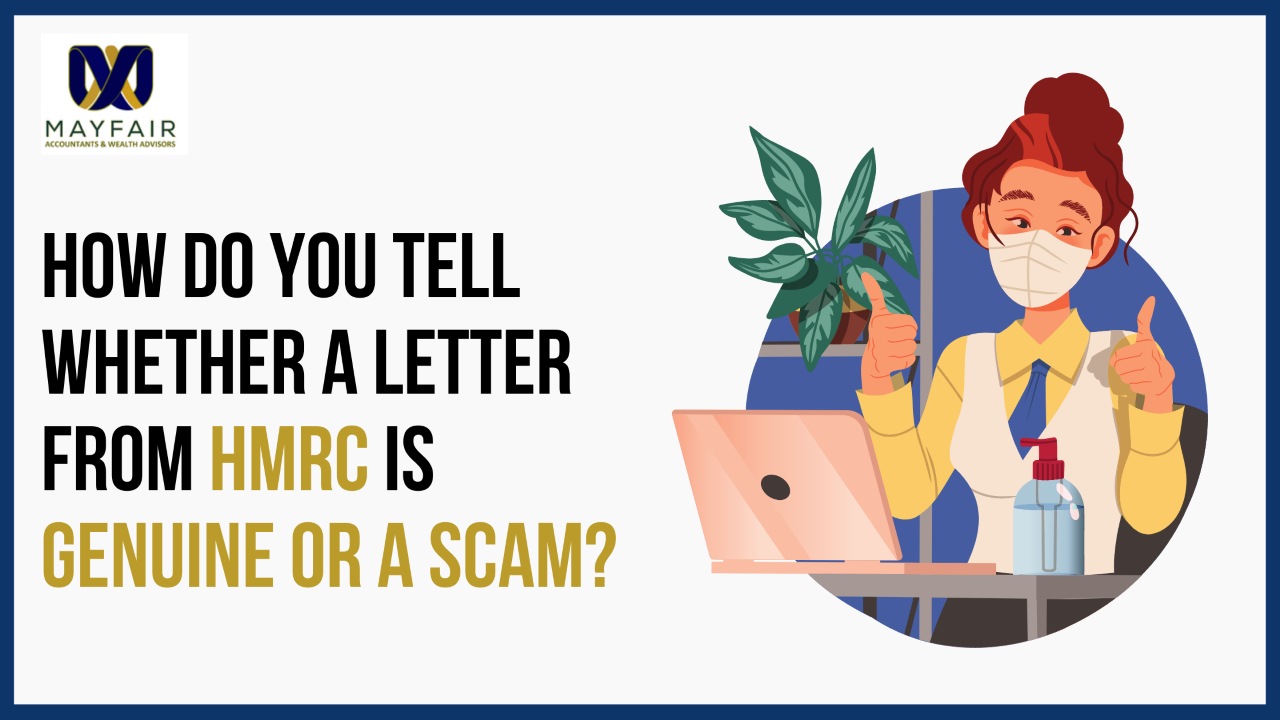The best way to tell whether a letter from HMRC is genuine or a scam is to check the senders address. If the sender’s address doesn’t match the official HMRC website, it is likely to be a scam.
HMRC will never ask you to make a payment in iTunes vouchers, so if you receive a letter asking you to do this, it is definitely a scam.
Furthermore, HMRC will never ask you to disclose your personal information such as your bank account details or National Insurance number. So if you receive a letter requesting this information, it is also likely to be a scam.
Some of the tell-tale signs that a letter might be a scam include:
– Sender’s name is not included on the envelope
– The wording is not standard HMRC language
– The letter requests personal information such as your bank account number or passwords
– There is an unexpected request for money, or the sender asks you to forward the letter on another person
– You are asked to send money via a courier
– The envelope looks like it has been opened and taped back together again
– If the letter is an email, the ‘from’ line includes words such as ‘refunds’ or ‘IRS’ – these are common terms used by scammers.
If you suspect that a letter might be from a scammer then follow this advice: don’t reply to the letter and don’t believe any of their excuses either – they will tell you anything so you pay them what they want. And if they contact you, do not provide any personal information about yourself – people who use scams often have your personal details so they can steal your identity later on. Finally, always report scams to the Citizens Advice consumer service.
If you are unsure whether a letter from HMRC is genuine or not, you can call the HMRC helpline on 0300 200 3300. They will be able to verify whether the letter is legitimate or not.
If you have been scammed by someone claiming to be from HMRC, you can report it to Action Fraud on 0300 123 2040.
Different Types of HMRC Scam Messages
1. You are owed a tax refund – This is one of the most common types of HMRC scam messages. The scammer will tell you that you are owed a tax refund and they will ask you to provide your bank account details so that they can process the payment. However, the refund will never be sent and the scammer will use your bank account information to steal your money.
2. You must pay back taxes immediately – This type of scam message usually arrives as an email and it tells you that you must pay back taxes immediately or you will face legal action. The scammer will usually request that you pay them using iTunes vouchers or by sending them money through a courier service. Again, this is a scam and you should never pay any money to someone who is claiming to be from HMRC.
3. You have failed to declare income – This scam message usually arrives as a phone call and the scammer will tell you that you have failed to declare income on your tax return. They will then ask you to provide your bank account details so that they can process the payment. However, this is another scam and the scammers will use your bank account information to steal your money.
4. You are being investigated for tax fraud – This scam message typically arrives as an email and it tells you that you are being investigated for tax fraud. The email may also include official-looking HMRC branding. If receive this type of message, it is important to remember that HMRC will never contact you by email to ask for personal information such as your bank account details or passwords.
If you receive a scam message that claims to be from HMRC, it is important to report it to the Citizens Advice consumer service. You can also report it to Action Fraud on 0300 123 2040.
Different Forms of Scam Communications
1. Letters – The letters can be sent through the post or they may be sent as an email. They will usually ask for personal information such as your bank account number or passwords, or they may ask you to forward the letter on to another person.
2. Phone calls – The scammer may call you directly or they may leave a voicemail message. They will usually tell you that you have failed to declare income on your tax return or that you are being investigated for tax fraud.
3. Text messages – The scammer may send text messages to your phone, and they may include official-looking HMRC branding. The text messages will usually ask for personal information such as your bank account number or passwords.
4. Other – There are a number of other ways in which the scam messages can be sent to you, and they include:
• Email messages that look like official HMRC emails but actually contain malware or a link to a fake website. If you receive an email message that claims to be from HMRC, it is important to check whether the sender’s email address has been spoofed. A spoofed email address will show the HMRC logo and the @hmrc.gov.uk domain, but it will not have an @official-hmrc.gov.uk suffix, for example taxrefund@hmrc.gov.uk or refund@notrealdomainaddresshere-fakenewsletteracct.co.uk.
• Pop-up messages, which will say that you must pay back taxes immediately or face legal action, and it will ask you to click on a link. If you do click on the link, this will take you to a fake HMRC website that asks for personal information such as your bank account number or passwords. When the pop-up message appears, close it without clicking on any links.
Need further help?
If you are unsure how this process works, or if you have any concerns about what your company’s future is likely to be, don’t hesitate to get in touch with the team today on +44 (0) 20 7060 5015 or email us @info@mayfairwealthadvisors.co.uk



